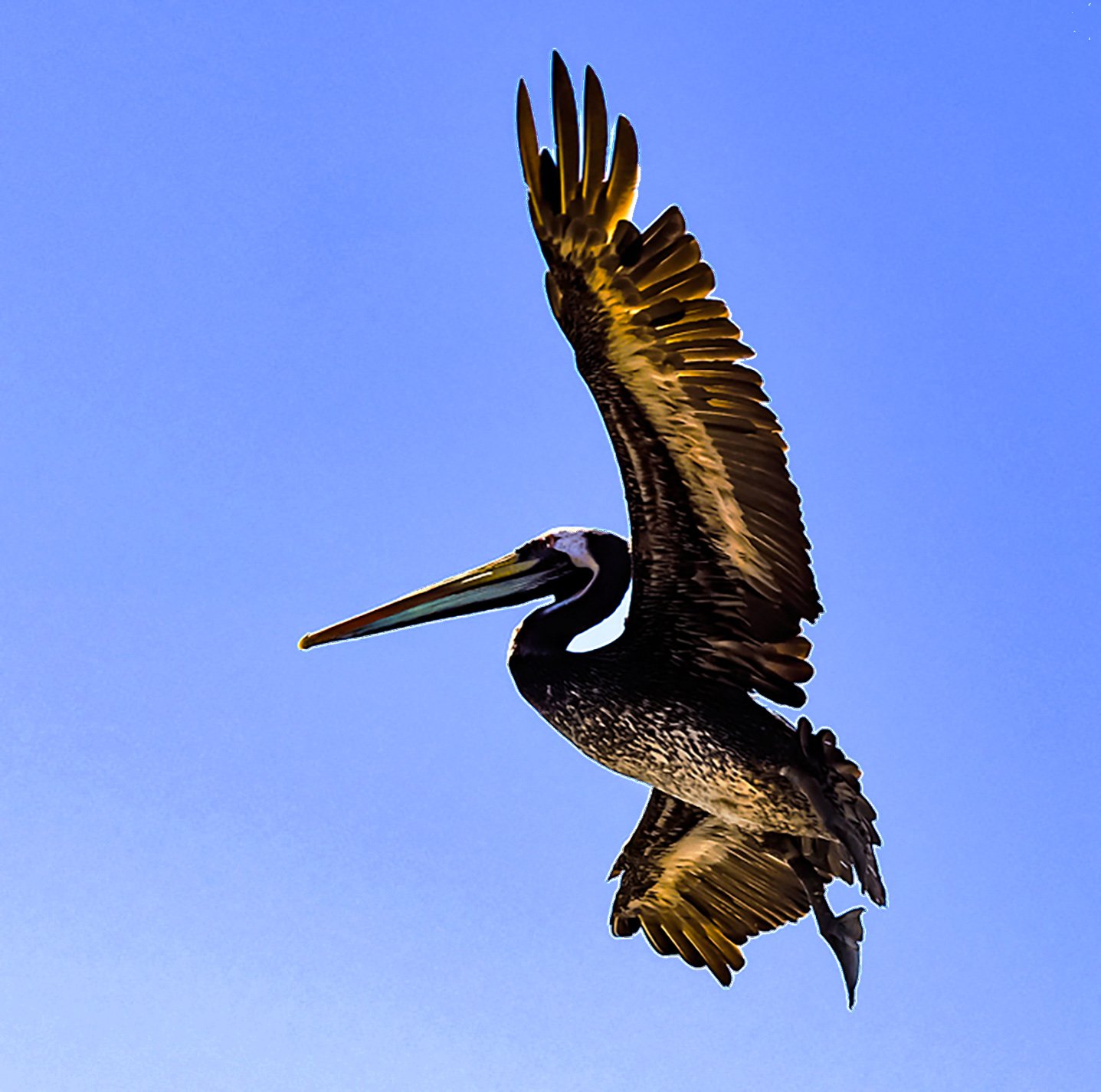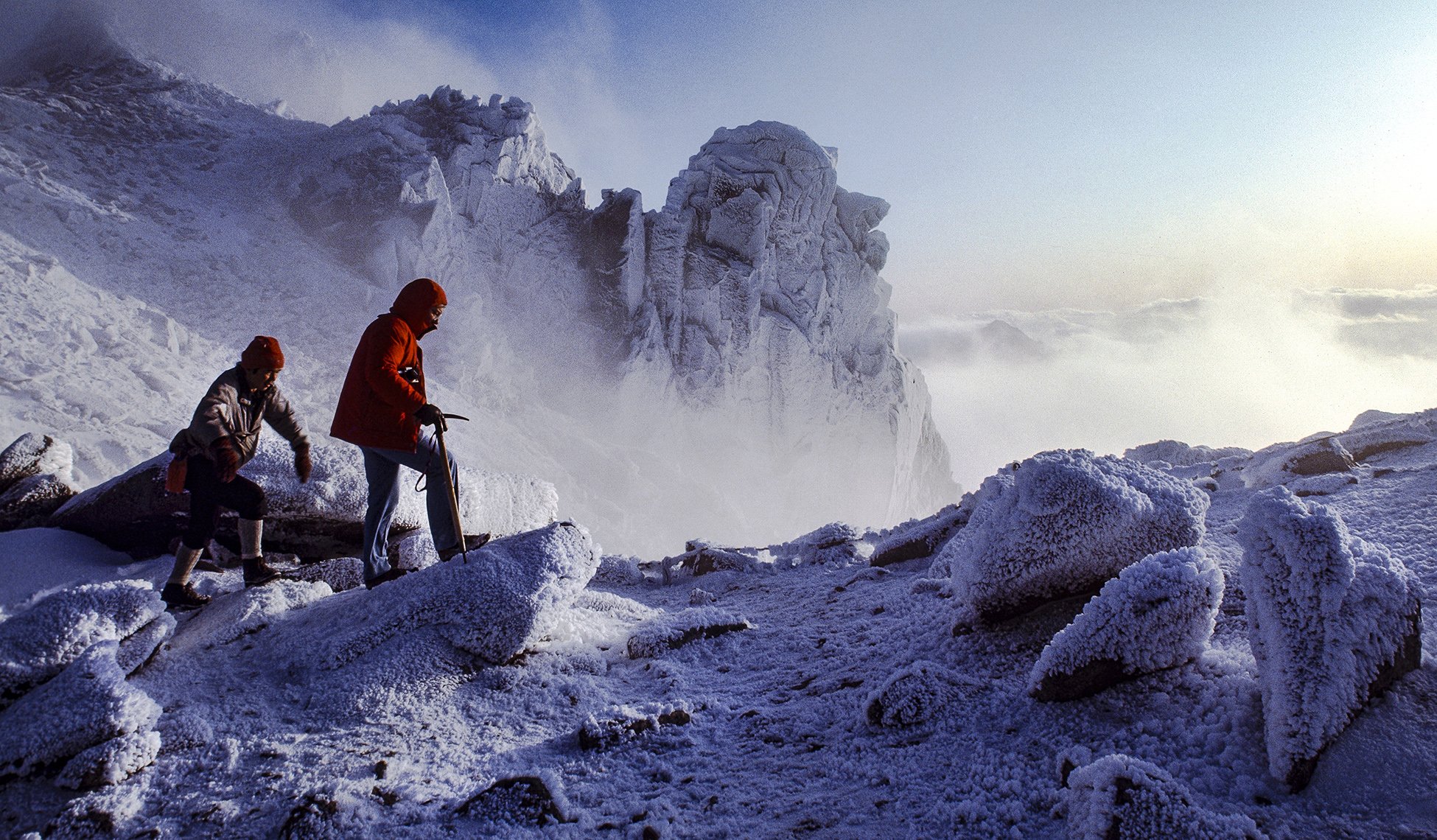Lessons Learned - Under Construction
Lessons learned
In most of the forest where I grew up, there were no trails. The old forest had no sign posts, no directions, no maps. There were a few exceptions. In the coastal mountains there was an ancient stage coach road that led over into Oregon. During World War II when raw materials were scarce and difficult to import across oceans patrolled by enemy submarines, the stage coach road had been improved to mine chromium which was found in some areas of the coastal mountains. These roads had seriously deteriorated by the time my brother John and I made our first visit into that area and explored some of the abandoned mine tunnels. On many trips, we had to repair sections of the road before we could pass. Streams had cut deep channels across it. Landslides had covered it in places, and we had to clear them out in order to carry on.
Farther in the interior, a place called Bear Basin, there were the remains of an old Civilian Conservation Corps campground. From that location the faint hint of a trail climbed into the high cool mountains called the Devil’s Punchbowl. In places there were still signs of the old trail. Much of the time we had to carry on in the general direction guided by peaks that rimmed the ancient crater. It was a beautiful spot that John and I loved to visit, an ancient glacial cirque left over from a long-ago melted glacier high in the mountains. Often, we arrived to find the lake still frozen over, the remnants of winter avalanches strewn out over the ice. Our campsite was under three or four ancient trees, cold but sheltered. Many years later, after years of military service and college, we hiked in for the last time. The trees had been cut and burned for firewood. The site lay littered with rusting tin cans, broken glass and other trash. We never returned.
In our earlier explorations, however, there were no trails and no signs. We made our way through the woods discovering all kinds of treasures along the way, a little frog half-hidden under a leaf, a delicate lady slipper orchid, a section of stream with minnows darting for cover, a patch of ripe, sweet huckleberries. Both John and I developed an uncanny sense of direction and the ability to set off into these woods and never get lost. Of course, I later had the sense to carry a map and compass. This was a treasure that served me very well in the future when I was wondering the Brooks Range in Alaska or the Serengeti in Africa. We developed an instinct for what we would need for the trips that we planned, and later on I would sometimes grab a backpack and head into the wilderness by myself. Usually no one, not even my mother, knew where I was going or when I would be back. Admittedly, this was not a very wise practice. Any accident could have been serious and might not have been noticed for a considerable time. But the experience gave me a keen sense of where I had to be extra careful, of what I had to carry to be as safe as possible.
THE PERFECT SOCIETY
I used to be so good at digging up information, of being sure I had the facts right. I had to be right. Perhaps that compulsion came from my early years when I seemed to be so wrong so much of the time. But somewhere along the way – and I certainly am far from perfect at achieving this goal – I decided it is far better to be kind than to be right. It will be a lifelong task, but it is worth the effort. Furthermore, I long ago decided what is right for me very well might be intolerable to others. In my early years at National Geographic, I was constantly searching for the perfect society. What incredible naivety. Tahiti conjures up, in the minds of many, an image of paradise. Somewhere in the course of four months of my working on assignment there, a friend remarked, “Paradise has bugs.” It’s true both literally and figuratively. One of those bugs gave me dengue fever.
I eventually realized what would be perfect for me might be intolerable for others and vice versa. Perhaps it was one of my colleagues at NGS, Nathan Benn, who helped me see this. I had just returned from a long assignment working on a book about Alaska. Nathan and I got to talking in the lounge of the photo department. He asked me what I had been doing. I was describing a trip north of the Brooks Range. I had hired a bush pilot to fly me and my supplies, including tent and a collapsible canoe, to a pair of lakes nestled into the edge of the mountains where they tumble down toward the broad arctic coastal plain. Don Ross, the pilot, eased his craft onto the waters of one of the lakes and taxied to shore where he helped me unload my gear. The Porcupine Caribou Herd was beginning to migrate through the region, and a huge Alaskan brown bear wandered the area. I wanted photos for the book. I planned to spend part of my time at the first lake and then canoe up a short section of river to the other lake where Don was to pick me up in a couple of weeks. As I related my experiences, Nathan’s eyes grew increasingly bigger. Nathan lived in New York City and was totally comfortable in that chaotic environment. Finally, he moaned, “In my most horrible nightmares I couldn’t imagine myself doing that!”
MOST PEOPLE ARE BASICALLY GOOD AT HEART
In my long life I have had the good fortune to travel in more than 80 different countries. Many of them I know intimately having spent months there on assignment for National Geographic. These cover a broad range of nationalities, races, religions, cultures and economic conditions.
I have experienced human kindness and connection in tiny jungle villages in Africa, in the tents of nomadic reindeer herders in the arctic, and in the camps of nomadic blacksmiths who lived along the fringes of the Great Indian Desert who had no tents at all. I also encountered it on a bitter cold pre-dawn morning in a Moslem cemetery high in the Hindu Kush along the Pakistan-Afghanistan border, where an old man, who saw me shivering as I waited for an opportunity to photograph the sunrise, sent his son to give me a hot cup of tea. I also found it in the home of a self-made millionaire sculptor in the former Soviet republic of Georgia, and I’ve seen it in the home of a South American president who was soon to die a violent death.
Across this broad-spectrum, one thing stands out indelibly in my mind. Wherever I have found them, whatever race, religion, status or economic level, the vast majority of people the world over are basically good at heart.






















































